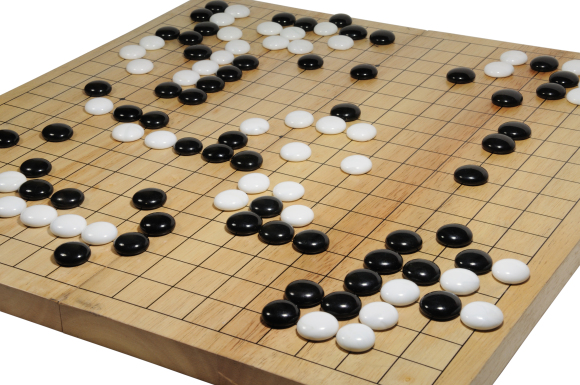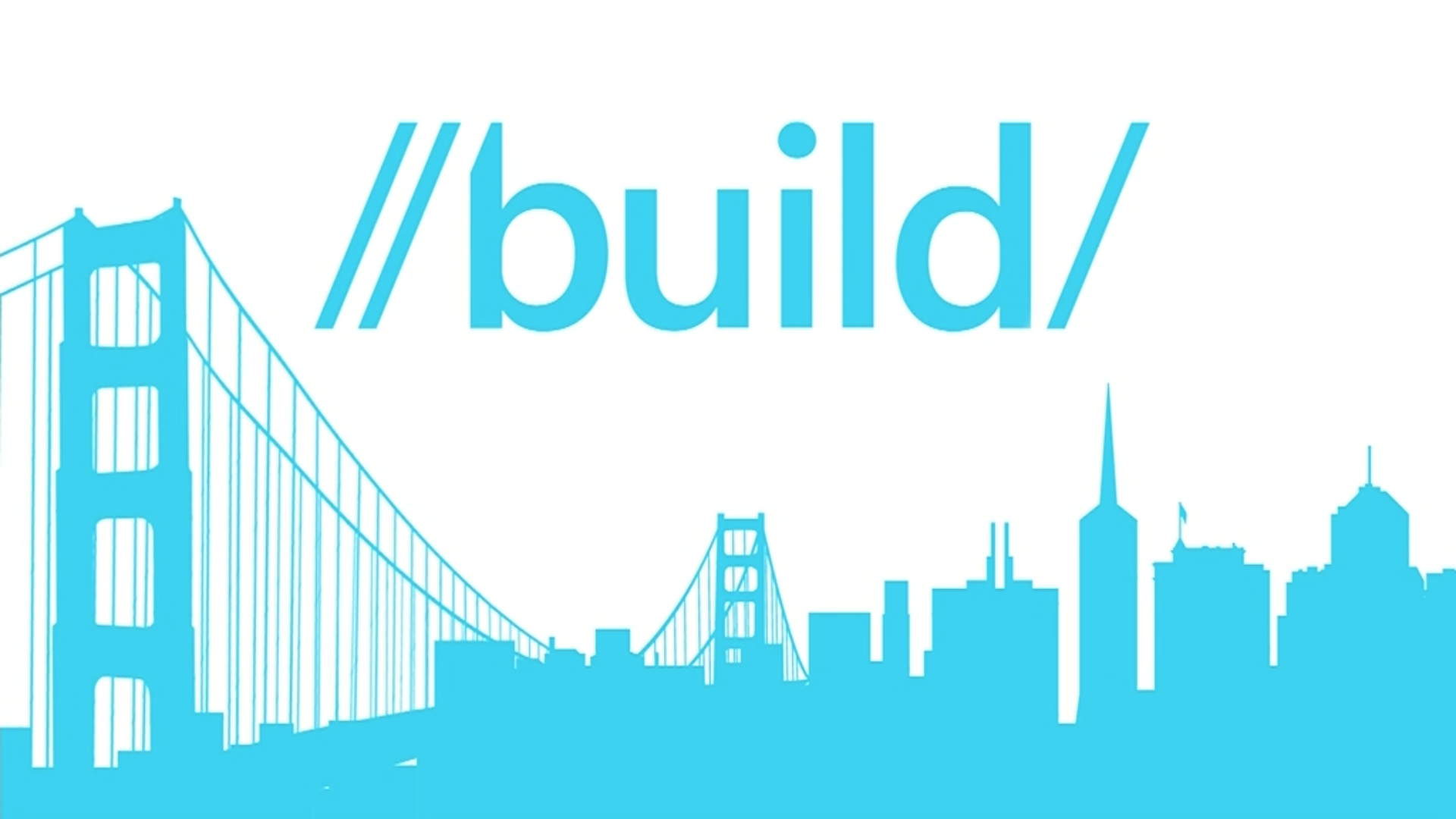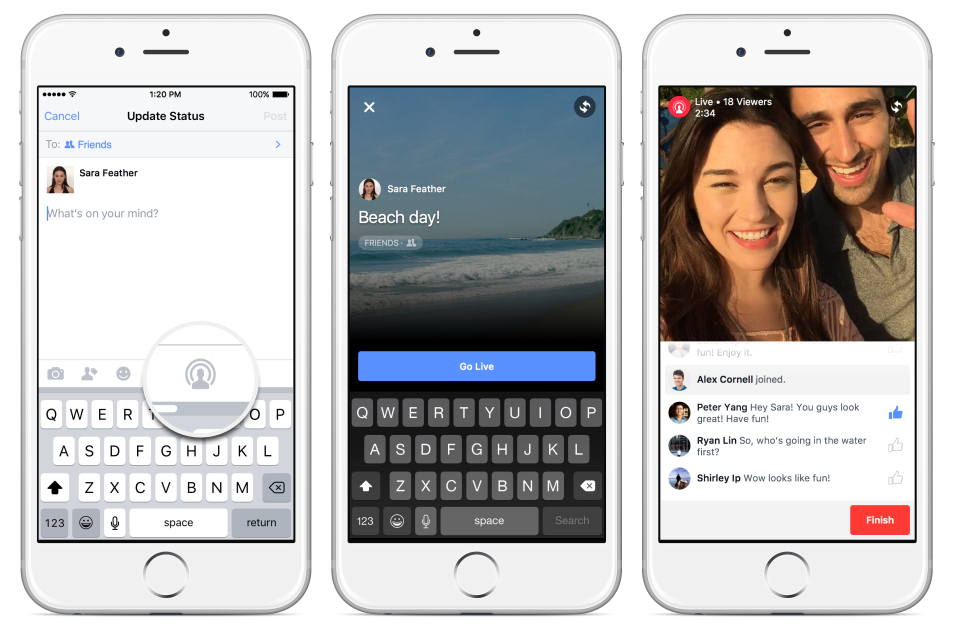Jan 28 - 4min readLet The Games Begin – Google Unveils AI BreakthroughBy Launchbase
Last week we speculated whether robots could actually take away jobs and how far automation was going to change the landscape of the workplace. The Future of Jobs report which had been discussed at the World Economic Forum was one of the main topics of discussion at the annual forum at which world government and economic leaders meet to discuss the global economy.
And then something happened…
It might seem innocuous discussing the simple game of Go, an ancient Chinese game which involves two players placing black and white markers on a 19 by 19 square board to see who can claim the majority.
But this particular game of Go was played between European Champion Fan Hui and the London-based DeepMind AI software. And the AI won, convincingly marking an incredible leap forward in the capabilities of Artificial Intelligence and technology.
The World Economic Forum at Davos may well have been discussing the Fourth Industrial Revolution, theoretical possibilities, conjecture, what may happen and what might happen but one game of Go in Kings Cross has proven that the theory can indeed become a reality. Technology, AI and yes, even robotics, cannot be ignored as the landscape is changing never to be the same again.
20 Years Ago…
It is somewhat poetic that the news of DeepMind’s win against Fan Hui has come almost exactly 20 years after World Chess Champion Gary Kasparov lost the first game of chess by a reigning world champion to the supercomputer Deep Blue. That series of games was won by Kasparov against the IBM-developed chess computer but just one year later the computer finally came out on top.
Fast forward 20 years and DeepMind, the company founded by computer and neuroscience prodigy Demis Hassabis in 2011, has again pushed the boundaries of what current AI technology can achieve. Google acquired the company £400m in January, 2014.
DeepMind’s victory against Fan Hui, (the software won 5 games to 0) is ground breaking from a computer programming and artificial intelligence perspective is because of how long it was previously thought it would take for a computer to crack the game. Go is distinctly different from chess in that the number of possibilities for the game are far more numerous. While in chess there are around 35 possible moves which can be made at any one time in Go this figure jumps to around 250 moves. Quite simply Go is a much more expansive game than chess despite its apparent simplicity. It would simply have been impractical to crack Go in the way that IBM and Deep Thought were able to crack chess. The technology involved and the thought processes are much more complex and intelligent this time around.
The software, named AlphaGo essentially runs a number of scenarios of how the game could pan out at any time, in other words ‘imagining’ the outcome of the game, as a human player would do. AlphaGo’s next step is to take on the Korean reigning World Champion Lee Se-dol who is confident of being able to beat AlphaGo and DeepMind but, like Kasparov 20 years ago you feel it is only a matter of time before the machine wins.
Facebook vs. Google – the new Space Race?
It is interesting that this particular announcement has come just 24 hours or so after Facebook, which has its own vested interest in AI technology, had announced that it was ‘close’ to conquering Go itself. There seems to be something of a friendly rivalry between the two tech firms surrounding AI technology. It must be pointed out however that, while the news of AlphaGo’s success has just been released the victory itself took place last year.
It should also be pointed out that despite their many complexities, despite the gravitas which they hold in history and culture and literature both Go and Chess are just games and AI’s real tests will be taken in real world scenarios. The point is acknowledged by Hassabis whose challenge now is to tackle ‘more real world’ scenarios than a board game.
Still, it is a step forward and there are certainly many other companies out there tackling Artificial Intelligence in their own way. We may well see a growth in AI diagnostics in the medical profession for instance which is certainly on the cards and an area where AI could be really useful.
To finish, however, we should go back to Davos and look at the flip side of AI such as the US military’s Stuxnet, a weaponised AI that is designed to take down infrastructure like power plants. Other countries are also actively exploring AI as a military tool. The Davos panel which discussed military robotics in the “What if Robots Go To War?” session had spoken of the ‘lack of emotion’ or ‘sense of mercy’ displayed by so-called Lethal Autonomous Robotics or LARs. There are clear words of warning about where and how far AI can go in real world scenarios.
For now, we congratulate Google and DeepMind on their break though but you feel that the real game is about to begin.



